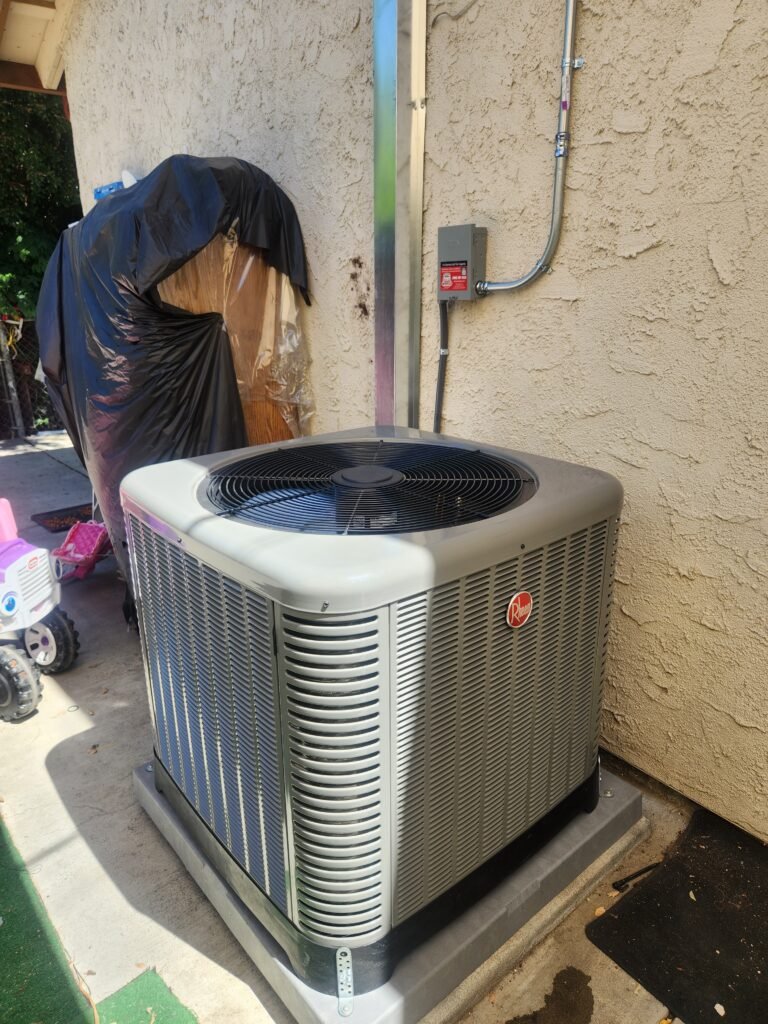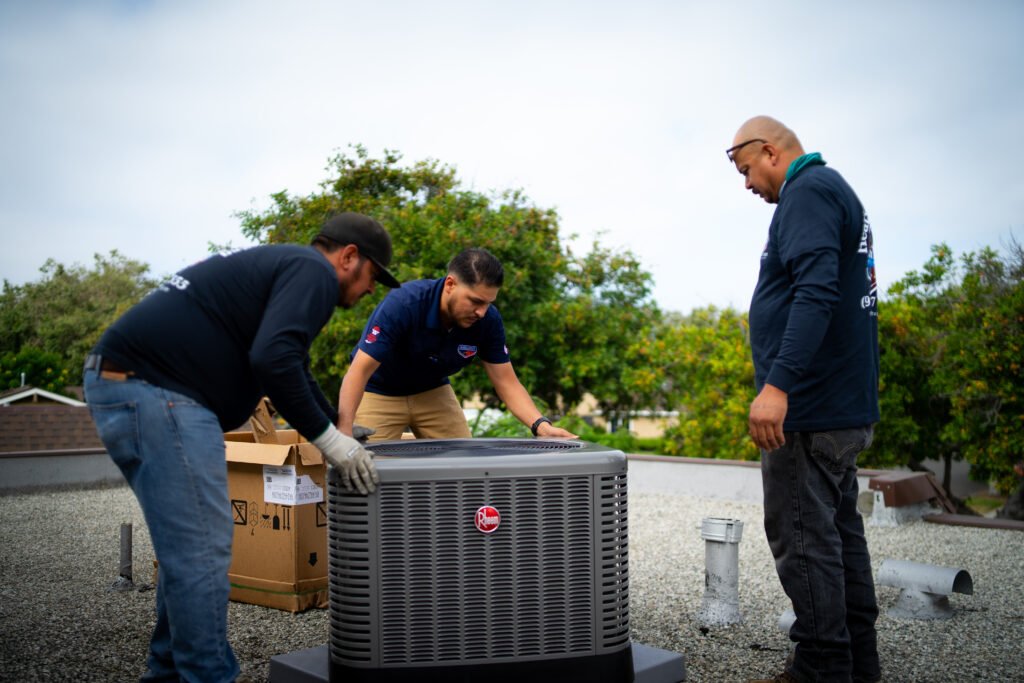
If you’re facing issues with your AC compressor, you might be wondering about the cost implications of a replacement. AC compressors play a crucial role in keeping your home cool and comfortable, but when they start to fail, it can lead to significant expenses.
In this article, we’ll delve into the factors that influence the cost of replacing an AC compressor, helping you understand what to expect when it comes to budgeting for this essential home repair.
The price of replacing an AC compressor can vary depending on various factors such as the make and model of your AC unit, the type of compressor needed, and the complexity of the installation process.
By gaining insights into these cost determinants, you’ll be better equipped to make informed decisions about repairing or replacing your AC compressor. Stay tuned as we break down the expenses associated with AC compressor replacements to help you plan your budget effectively.
When considering the cost of replacing an AC compressor, it’s crucial to understand the various factors that can impact the overall expenses. The cost of replacing an AC compressor can vary significantly based on several key determinants.
These determinants include the make and model of your AC unit, the type of compressor needed, and the complexity of the installation process. By being aware of these factors, you can better gauge the potential costs associated with replacing your AC compressor and make informed decisions regarding your home repair budget.
When considering the cost of replacing your AC compressor, several essential factors can impact the overall expense. Understanding these elements can help you estimate the potential costs more accurately.
The type of AC compressor required for your unit significantly influences the replacement cost. Different AC compressor types, such as reciprocating, scroll, or rotary compressors, come with varying price tags. For instance, a high-efficiency scroll compressor might be more expensive to replace compared to a standard reciprocating compressor.
The brand and model of your AC unit play a crucial role in determining the cost of compressor replacement. Branded units or those with specialized models may have pricier compressor parts, impacting the overall replacement expenses. It’s essential to consider the brand and model when estimating the total cost of the replacement.
Labor costs for replacing an AC compressor can vary based on the complexity of the installation process and the HVAC technician’s rates. Factors such as the accessibility of the unit, additional repairs needed, or any required modifications can affect the labor expenses. It’s recommended to obtain multiple quotes from reputable HVAC professionals to compare labor costs and ensure a fair price for the replacement service.
When estimating the average cost of replacing an AC compressor, you need to consider several key factors that can impact the overall expense. The type of AC compressor required for your unit, whether it’s a reciprocating, scroll, or rotary model, plays a crucial role in determining the cost. High-efficiency compressors typically come at a higher price point due to their advanced features.
Moreover, the brand and model of your AC unit can significantly affect the cost of compressor parts. Branded or specialized units may have more expensive replacement components, so it’s essential to factor this into your cost considerations. Labor costs also vary depending on the complexity of the installation process and the rates charged by technicians in your area.
To get an accurate estimate, it’s advisable to obtain multiple quotes from reputable HVAC professionals. Comparing these quotes can help you assess the average cost more effectively and ensure you’re getting a fair price for the replacement of your AC compressor. By understanding these cost estimates, you can make informed decisions about whether to repair or replace your AC compressor while planning your budget accordingly.
When it comes to replacing your AC compressor, you might be considering whether to tackle the task yourself or hire a professional. Let’s break down the cost comparison between a do-it-yourself approach and hiring a professional to handle the replacement.
If you have experience with HVAC systems and feel confident in your abilities, opting for a DIY replacement can potentially save you money. However, it’s essential to consider the costs involved in a DIY project. You’ll need to factor in the price of the new AC compressor, any additional parts or tools required for the installation, and the time you’ll spend completing the replacement.
On the other hand, hiring a professional HVAC technician for the replacement ensures the job is done correctly and reduces the risk of errors. While this option may come at a higher cost upfront, it can save you from potential issues that may arise from improper installation. Professional replacement costs typically include the price of the compressor, labor fees, and any additional materials needed for the job.
When comparing DIY and professional replacement costs, keep in mind that DIY projects carry the risk of mistakes that could lead to more significant expenses in the long run. Professionals have the expertise to handle the installation efficiently, potentially saving you from future repair costs. Additionally, if the AC unit is under warranty, hiring a professional for the replacement ensures that the warranty remains valid.
By weighing the costs and benefits of DIY versus professional replacement, you can make an informed decision based on your budget, skill level, and desired outcome. Whether you choose to take on the task yourself or enlist the help of a professional, prioritizing a well-functioning AC compressor is key to maintaining a comfortable indoor environment.

Understanding the factors influencing AC compressor replacement costs is crucial for making informed decisions. Factors like compressor type, AC unit brand, and labor expenses all contribute to the overall price.
By obtaining multiple quotes, you can ensure fair pricing. Whether opting for a DIY approach or hiring a professional, consider the associated costs and benefits. Remember, a well-functioning AC compressor is essential for indoor comfort.
Several factors affect the cost of replacing an AC compressor, including the type of compressor needed, brand and model of the AC unit, installation complexity, and labor rates.
Different types of AC compressors, such as reciprocating, scroll, or rotary, can significantly influence replacement costs, with high-efficiency models typically costing more than standard ones.
Obtaining multiple quotes from reputable HVAC professionals ensures that homeowners can accurately assess costs, compare pricing, and choose a fair price for the replacement service.
DIY replacement can offer potential savings but may lead to errors and additional expenses. Hiring a professional ensures proper installation, warranty validity, and reduces the risk of mistakes, despite higher upfront costs.